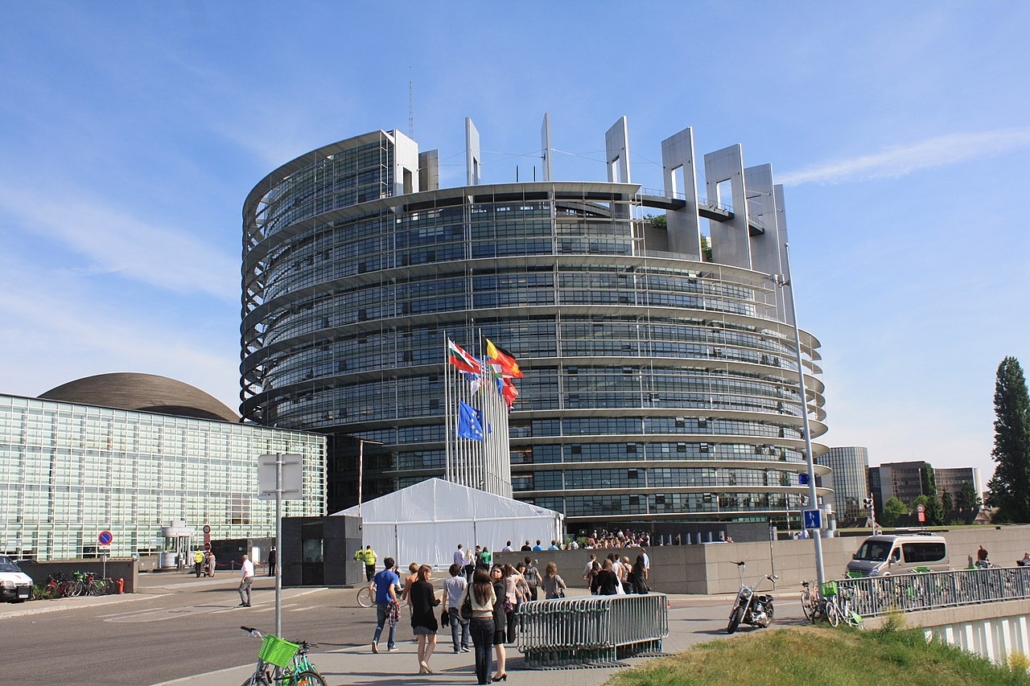
Policymakers take no action after ECJ mutagenesis ruling
In summer the European Court of Justice (ECJ) ruled that crops created by biological mutagenesis techniques fall under EU GMO legislation. Germany's government and the European Parliament see no need to take action.
Calls of the seven chief scientific advisors of the EU Commission and by the signatories of a position paper of EU researchers supporting a modernisation of Europe’s outdated GMO directive 2001/18/EC in order to deregulate DNA-based targeted mutagenesis methods in breeding seem not to be taken up by policymakers. This week a debate of the AGRI and the ENVI committee of the European Parliament on the ruling of the European Court of Justice (ECJ) ended without any tangible result. Furthermore, the German Government announced it does not see any need for an adaptation of the existing national rules following the judgment to treat all crops made by biological mutagenesis techniques as GMOs.
While plant breeding based on classical mutagenesis procedures is excluded from the application of the EU Genetic Engineering Act, the EJC ruled in July 2018 that more targeted approaches to mutagenise crops, such as oligonucleotide-directed mutagenesis or genome editing, should fall under the EU’s Directive 2001/18/EC. According to the ruling, classical mutagenesis methods based on conventional methods such as random mutagenesis by chemical substances or ionizing irradiation would be assigned GMOs but based on EU Directive 2001/18 /EC are exempted from the application of genetic engineering law. For that reason, the German Government didn’t see any need for an adaptation of the existing national rules following the judgment.
As long as crops made by either classical or targeted mutagenesis could not be differentiated by genetic analyses crops generated by targeted mutagenesis could not be approved in the EU, the German Government stated, as a test that identifies the GMO is a prerequisite for EU market approval and for GMO labeling . However, to enter the bloc imports of genome-edited crops or products made by them must be labeled as GMOs, even if deregulated in the exporting country, the German Government confirmed.
German experts previously argued that crops created by targeted mutagenesis are genetically indistinguishable from crops generated through classical random mutagenesis and recommended to exempt those crops from GMO legislation. The German Bioecomomy Panel together with the science federation VBIO proposed a staggered de/regulation of genome edited crops based on a science-based risk analysis of the product.




 SANOFI
SANOFI